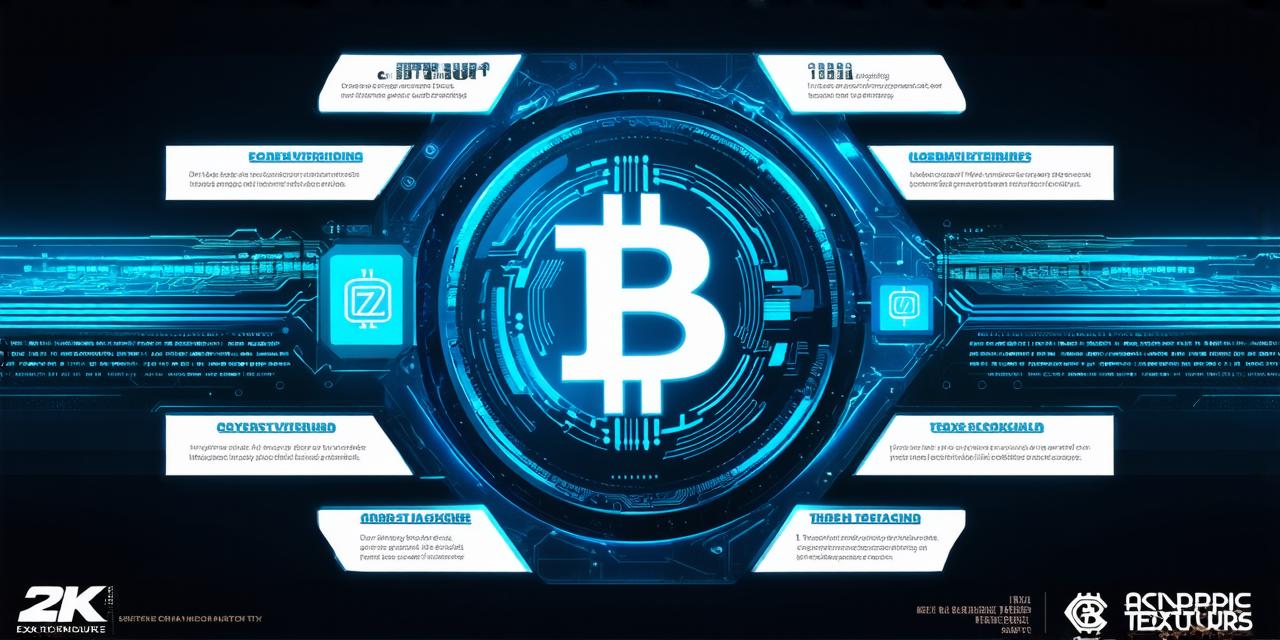Blockchain technology has been at the forefront of innovation for over a decade now, and it’s no wonder. With its decentralized, secure, and transparent nature, blockchain offers numerous benefits to various industries.
What is Blockchain?
At its core, a blockchain is a distributed database that contains information across multiple computers. Each computer has a copy of the entire database, which means there is no single point of failure or central authority controlling the data. This decentralization makes it virtually impossible for any one person or organization to manipulate or alter the information stored on the blockchain.
The concept of blockchain was first introduced in 2008 by an anonymous person or group under the pseudonym Satoshi Nakamoto, who proposed a new way of conducting financial transactions using a decentralized system. Since then, blockchain technology has evolved to include various applications beyond just cryptocurrency.
How Does Blockchain Work?
Blockchain is based on a consensus mechanism that allows multiple parties to agree on the state of a particular piece of data. When new data is added to the blockchain, it is grouped into blocks and verified by nodes on the network. Once verified, the block is added to the existing chain of blocks, creating an immutable and tamper-proof record of the data.
Each block contains a unique hash value that connects it to the previous block in the chain. This hash value is generated using complex mathematical algorithms and is based on the content of the block. If any information in a block is altered, even by a single character, the hash value will change, making the entire chain invalid.
This consensus mechanism ensures that the data stored on the blockchain is secure, transparent, and tamper-proof. It also allows for decentralized decision-making, as there is no need for a central authority to validate transactions or approve new data.
Potential Applications of Blockchain Technology
Blockchain technology has the potential to revolutionize various industries, including finance, healthcare, supply chain management, and more. Here are some potential applications:
- Cryptocurrency: The most well-known application of blockchain technology is cryptocurrency. Bitcoin, the first decentralized digital currency, was created using blockchain technology. Other popular cryptocurrencies include Ethereum, Ripple, and Litecoin.
- Smart Contracts: Smart contracts are self-executing agreements with the terms of the agreement written directly into code. They can be used to automate various processes, such as buying and selling assets, paying royalties, or even voting in elections.
- Supply Chain Management: Blockchain technology can be used to create a transparent and secure supply chain by tracking products from production to delivery. This can help prevent fraud, reduce waste, and improve efficiency.
- Healthcare: Blockchain technology can be used to store and share medical records securely and efficiently. This can help improve patient care, reduce errors, and prevent identity theft.
- Voting Systems: Blockchain technology can be used to create a decentralized, transparent, and secure voting system that allows for real-time vote counting and auditing.

Case Studies
1. IBM Food Trust
IBM’s Food Trust is a blockchain-based platform that allows food manufacturers, retailers, and regulators to track the origin and movement of food products from farm to table. This has helped prevent foodborne illnesses and improve food safety.
2. MediLedger
MediLedger is a blockchain-based platform that allows pharmaceutical companies to track the distribution and ownership of prescription drugs. This has helped prevent drug diversion and counterfeiting.
